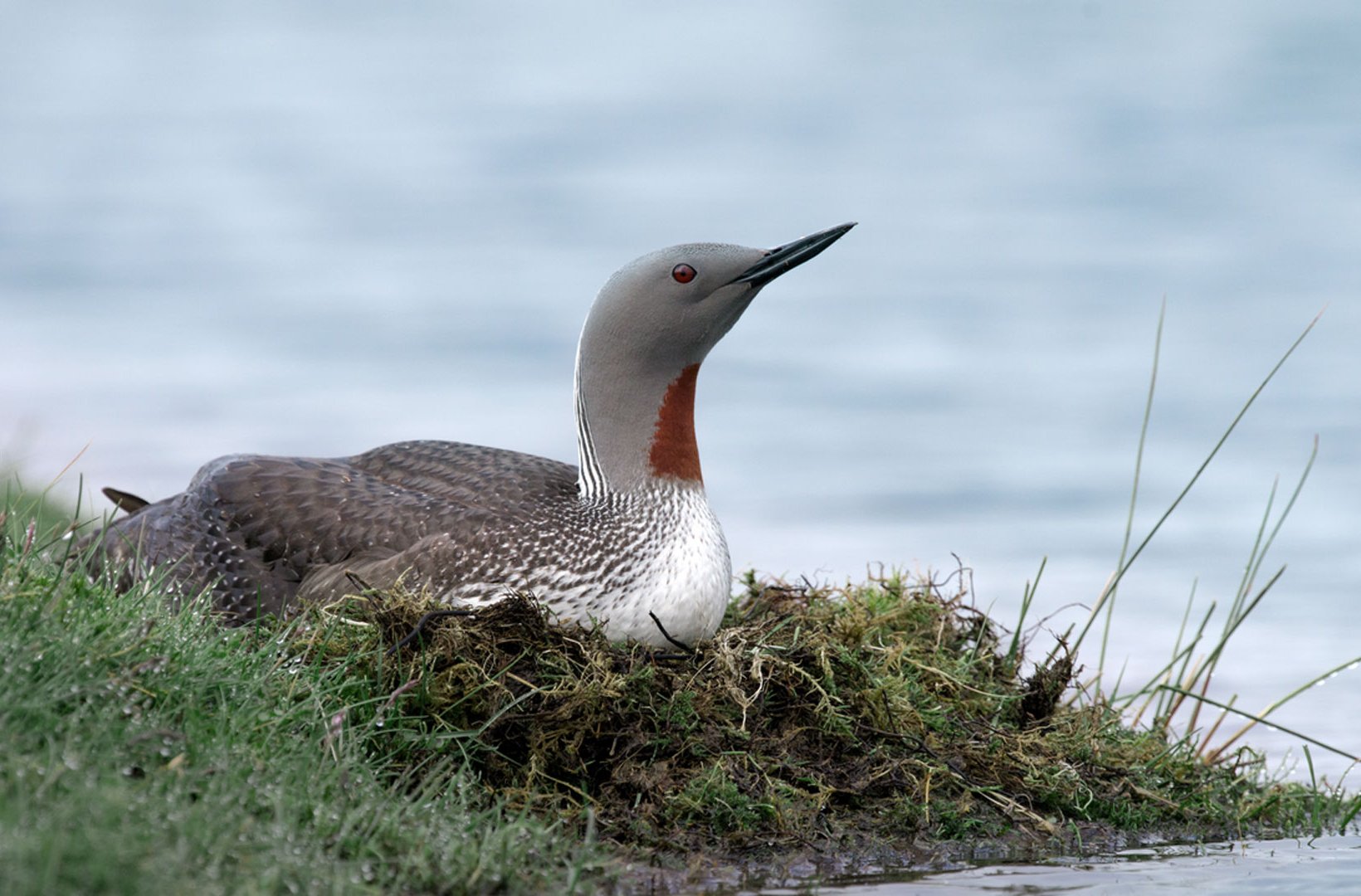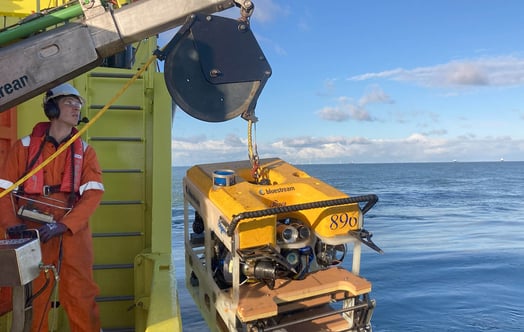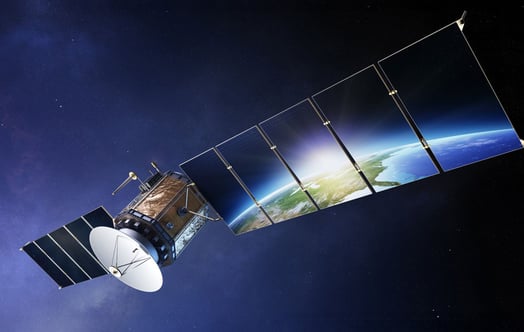
Vattenfall explores new ways to quantify biodiversity
Vattenfall and French based CDC Biodiversité, a leading European organization in biodiversity assessments, have started a collaboration to assess Vattenfall’s biodiversity footprint. This is an important step for Vattenfall on the journey to secure a net positive approach for nature by 2030.
Recently the fifteenth UN conference on Biodiversity, COP 15, opened in Kunming China where a global framework on biodiversity is negotiated and in November COP 26 on Climate will be held in Glasgow, UK. These events are addressing the two main challenges for our planet and according to the UN, climate change is one of the biggest causes of biodiversity loss. This emphasizes the importance of assessing biodiversity impacts in connection to other environmental pressures like CO2 emissions, land occupation or water use.
Targets by 2030
Vattenfall recently sharpened its climate targets to align with the 1.5 degrees Celsius scenario by 2030 and has also set an ambition to strive towards Net Positive Impact on Biodiversity within the same timeline. While there are well-established systems to measure and follow-up the reduction of greenhouse gas emissions, biodiversity impacts are more difficult to evaluate and quantify, since there is no such standard indicator used comparable to CO2. As a mean to quantify the biodiversity impacts of economic activities along the entire value chain, Vattenfall has entered a collaboration with the French based CDC Biodiversité and the project is also supported by consultant company Deloitte.
“We will assess Vattenfall’s biodiversity footprint by using the Global Biodiversity Score (GBS), a tool based on scientific foundations and extensive road-testing over the last five years and which was submitted to an external review. The tool enables corporates and financial institutions to get their direct operation and supply chain impacts on the health of ecosystems expressed in an aggregated metric, and to move towards science-based targets for biodiversity,” says Joshua Berger, Head of Biodiversity footprint at CDC Biodiversité.
First energy company
Vattenfall is the first energy company to do this full scale biodiversity assessment using the GBS tool. Vattenfall was also last year the first larger Swedish company to join the Science Based Targets for Nature (SBTN), a collaboration of leading global non-profits and mission driven organizations working together to equip companies with guidance to set science-based targets for all of Earth’s systems.
“Protecting nature and biodiversity is so interlinked with delivering on our climate goals and delivering on the energy transition. Being able to measure our full value chain footprint on biodiversity will be important to set science based targets and prioritize efforts, securing we take responsibility in biodiversity enhancement where we can,” says Helle Herk-Hansen, Head of Environment at Vattenfall
The assessment will lay the groundwork for continuing to improve the biodiversity performance at Vattenfall and to deliver on the 2030 ambition to strive towards Net Positive Impact. By doing this assessment, Vattenfall will complete the first and second step on the SBTN guideline, which means that value-chain wide impacts will be assessed and potential issue areas and locations for target setting will be identified and used for further prioritization in Vattenfall’s biodiversity work.
Background:
In May last year CDC Biodiversity launched its biodiversity footprint assessment tool, the Global Biodiversity Score (GBS), which makes it possible for companies and financial institutions to evaluate their impact on biodiversity. The GBS has been developed with the Businesses for Positive Biodiversity Club, a group of about 10 financial institutions and 25 companies, benefiting from extensive road-testing. CDC Biodiversité is 100% owned by Caisse des Dépôts (a French public financial institution) that Vattenfall collaborates with in the ongoing offshore wind tender off the coast of Normandy, France. Read more (in French).



